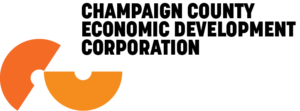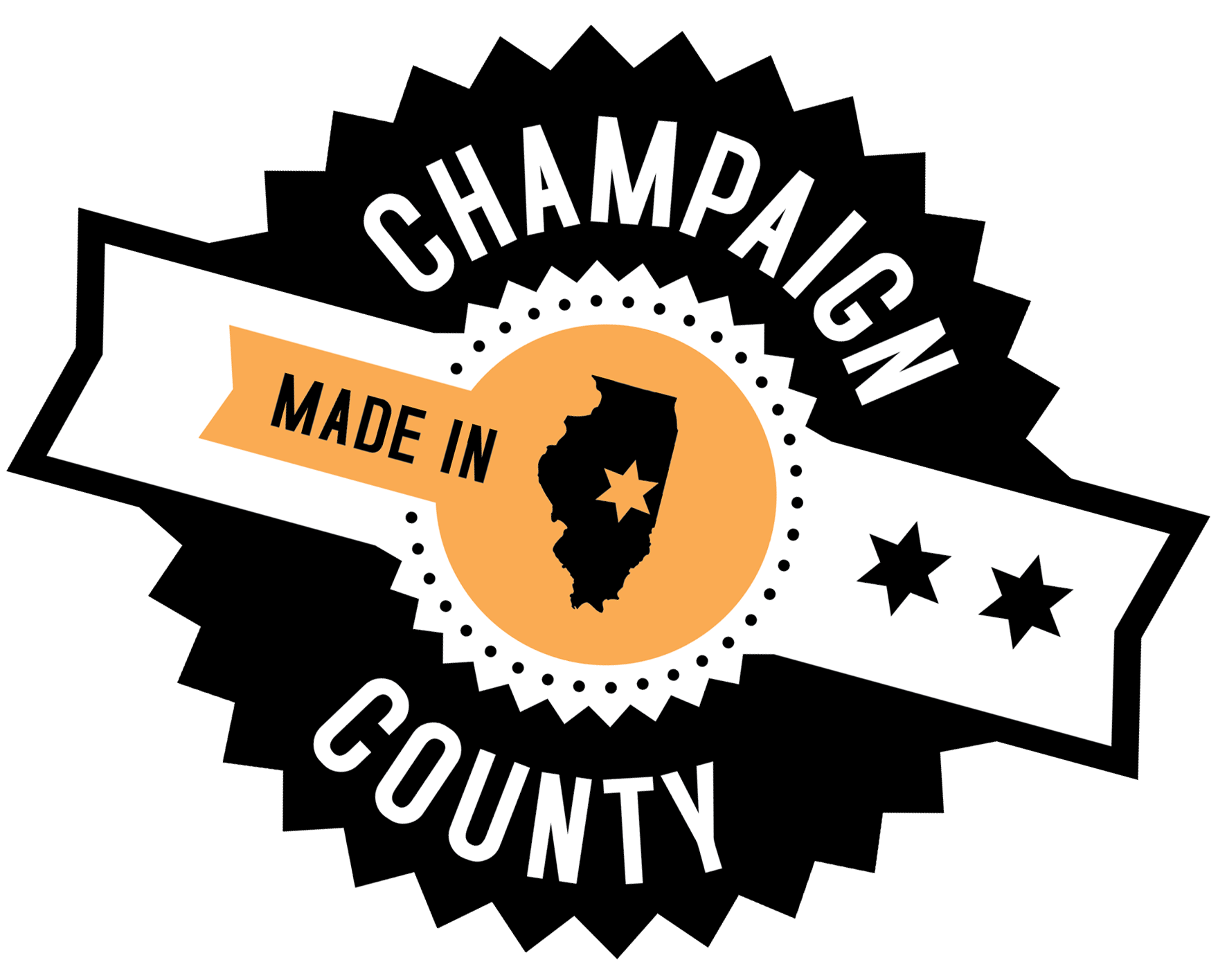Article Source: Carle
U.S. News & World Report named Carle Foundation Hospital in its 25th annual Best Hospitals rankings.
Carle is recognized as among the Best Hospitals in Illinois ranking as 14th overall out of 220 hospitals in the state. Carle also received national recognition as “high-performing” in 12 specialties including:
Recognized in 2013, 2014:
• Cancer
• Cardiology & Heart Surgery
• Diabetes & Endocrinology
• Ear, Nose & Throat
• Gastroenterology & GI Surgery
• Geriatrics
• Gynecology
• Nephrology
• Orthopedics
• Pulmonology
Newly recognized specialties in 2014:
• Neurology and Neurosurgery
• Urology
This year, Carle is recognized for 12 specialties, with Neurology and Neurosurgery and Urology being added to the rankings. “We are proud that Carle’s neurosciences have received this national recognition. With a new epilepsy clinic and a nationally certified stroke center, Carle offers some of the best neurological diagnosis and treatment in the country. Patients coming here can be confident that they are receiving high quality, excellent care,” said Kenneth Aronson, MD, medical director of Carle Neuroscience Institute.
“We are pleased to be recognized among the best hospitals and to have two additional specialties ranked as high performing,” said Matthew Gibb, MD, chief medical officer, The Carle Foundation. “These rankings allow patients to compare hospitals and decide where they might want to seek treatment. Our staff ensures that Carle is consistently making improvements and these rankings illustrate how effectively the team is working,” he added.
U.S. News & World Report recognizes hospitals that perform nearly at the level of their nationally ranked peers and represent valuable regional sources of quality care. They publish Best Hospitals to help guide patients who need a high level of care because they face particularly difficult surgery, a challenging condition, or added risk because of other health problems or age. Objective measures such as patient survival and safety data, the adequacy of nurse staffing levels and other data largely determined the rankings in most specialties.
The specialty rankings and data were produced for U.S. News by RTI International, a leading research organization based in Research Triangle Park, N.C. Using the same data, U.S. News produced the state and metro rankings. The complete rankings and methodology are available at http://health.usnews.com/best-hospitals and will appear in the U.S. News “Best Hospitals 2015” guidebook, available in August.
# # #



